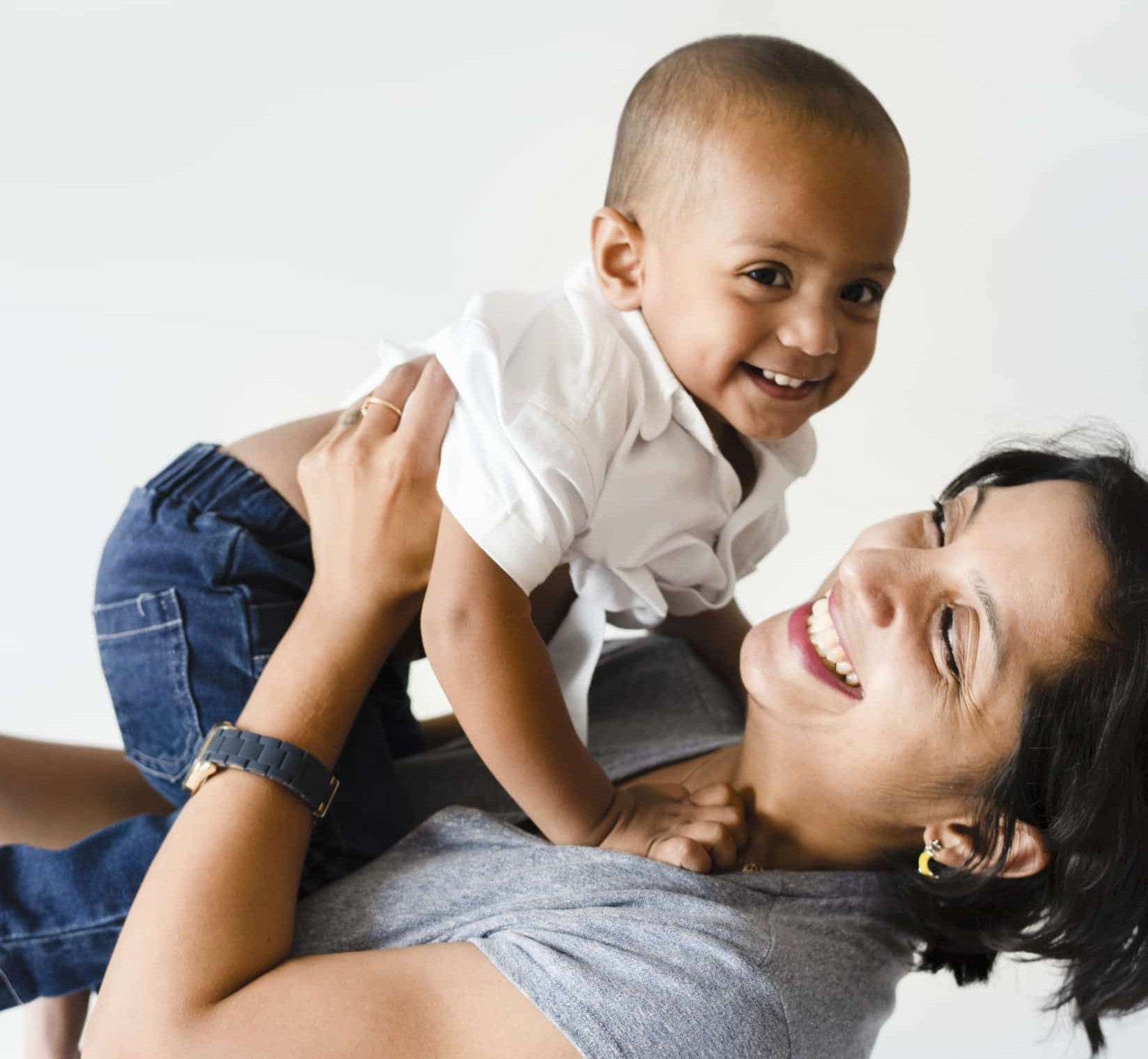The First 12 Months
Preeti was overjoyed when she found out she was expecting her first child. Settling in Melbourne after emigrating from India with her family over 10 years ago, she was excited to take on the new challenge of becoming a mother for the first time. “I come from a very big family, so I could not wait to start my own family,” Preeti says about her decision to have children. “I am lucky that I also have a lot of support around me, but those first 12 months were certainly challenging.”
Now, Preeti’s first child is 14 months old and she says her experience of the first 12 months was filled with new challenges, and more joy than she could have ever imagined. “I thought I was prepared,” Preeti explains, “but there were so many new experiences I had during this time… some that I hadn’t even planned for!”
So what were some of these experiences? Preeti gives us an insight on the few experiences she hadn’t planned for, and the things that surprised her during that first year.
DEVELOPMENT & GROWTH
This is definitely in the wonderful category! Many first-time-parents may not know about the sheer magnitude of how much development happens during the first year. In fact, there is so much development in the early stages of life that we have dedicated a whole blog to exploring this. Click here to read ‘Developmental delays: what are they?’ to find out more about developmental milestones in the early years.
In her excitement as a first-time mum, Preeti bought so many outfits for her newborn only to discover how fast her baby was growing out of them. “Some of the outfits I didn’t even get to use, so in hindsight I might have bought more second-hand stuff,” she says.
According to the Australian Breastfeeding Association, birth weight is doubled by 4 months and tripled by 13 months in boys, and 15 months in girls! Preeti has decided to keep all her newborn clothes for her second child and definitely won’t be buying as much as she did the first time.
FEELING DOWN
According to Women’s Health Organisation Jean Hailes, 10-13% of women experience depression when they are pregnant or after birth. Causes of this can be linked to hormone changes, previous experience of depression and/or anxiety, personality, timing of pregnancy and many other factors.
Preeti says she was lucky that she only felt different during those first few weeks and she has experience supporting friends through this in the past. “I didn’t not realise how important it was to go to my local mother’s group,” she says. “Even though I had lots of family support, I found my mother’s group a really great resource for me to get the help I needed.”
As well as a huge online presence, Melbourne Mums Group has an abundance of resources about connecting with local parent’s groups.
BONDING
Preeti assumed that because of the biological bond between herself and her baby, she would instantly be in love when they laid eyes on each other. “I found it hard to admit this, but I did not realise that bonding with your baby may take a bit of time,” Preeti says.
According to kidshealth.org bonding is a process, and not something that takes place within minutes. It is also not something that has to be limited to happening within a certain time period after birth. Preeti understands this after speaking with her local paediatrician, who reassured her that bonding is often a by-product of caregiving. “I don’t want anyone to think that they are failing because they don’t feel instantly bonded to their baby…” Preeti says “this was probably my biggest misconception.”

RELATIONSHIP CHANGES
“I was shocked about how my adult relationships changed after having a baby,” Preeti explains. Although some relationships may be strengthened by the birth of a child, others can become more distant and challenging. Many first-time-parent guides do not focus on the primary caregiver’s relationship with other adults, and instead focus solely on the baby’s needs in those early stages of life.
“My friendships have definitely become more difficult to maintain, and it was challenging for me and my partner during those initial stages,” Preeti says. Communication breakdowns, lack of intimacy, division of domestic labour, and finances are just some of the issues that may come up after having a baby.. Relationships Australia is one resource that Preeti found helpful to work through these challenges. Click here for Victorian locations.
GET HELP
We have only scratched the surface when it comes to the first 12 months of a child’s life, but the best way to be sure about any concerns is to seek professional advice. Families can also self-refer to NDIS if they are worried about children’s development. Click here to find out more about eligibility.
Bestchance offers specialised support and services for infants and young children with developmental delays or disabilities, and we are a registered NDIS provider. So contact us on 1300 224 644 or click here to visit our Children’s Therapies page to find out more.

